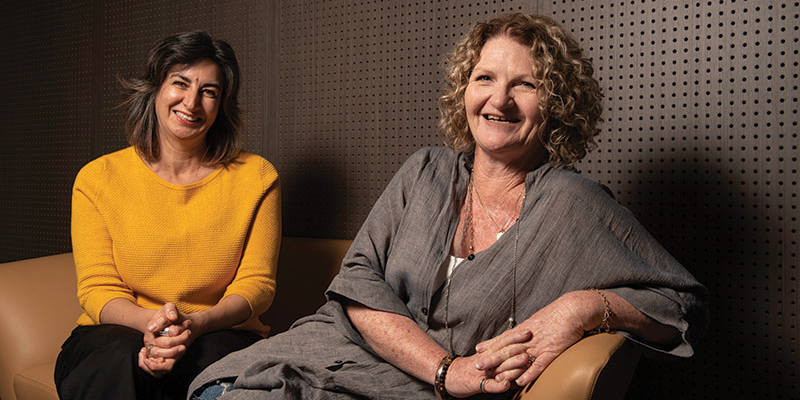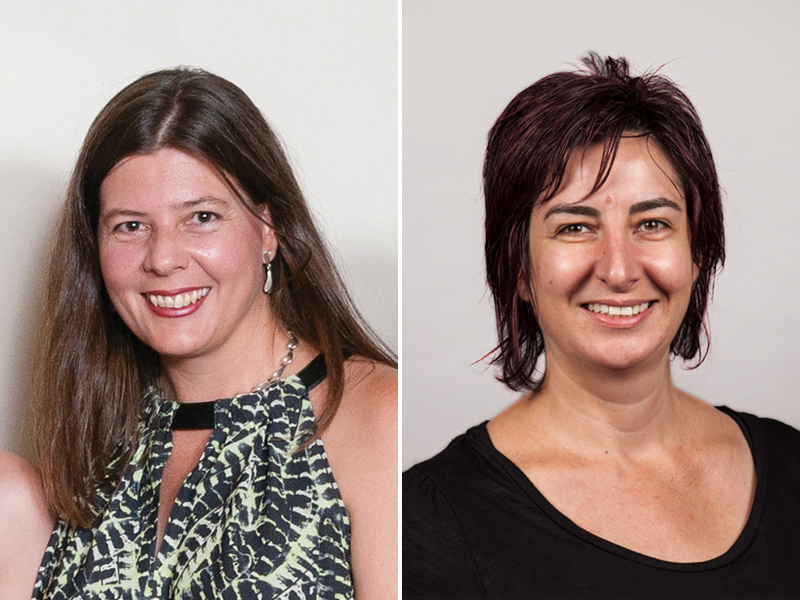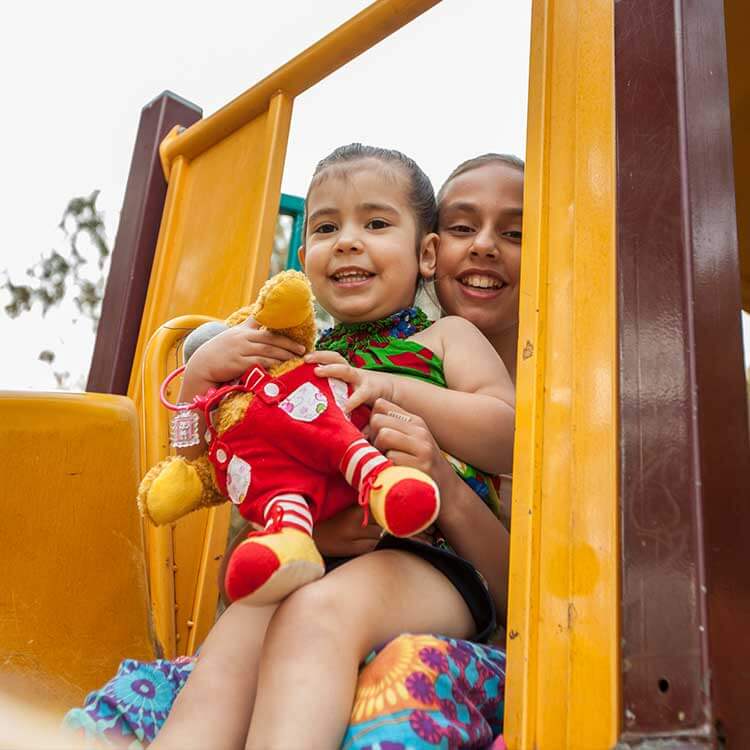Search
Research
Cannabidiol for at risk for psychosis youth: A randomized controlled trialNo biological treatment has been firmly established for the at-risk stage of psychotic disorder. In this study we aim to test if subthreshold psychotic symptoms can be effectively treated with cannabidiol (CBD), a non-psychoactive compound of the plant Cannabis sativa.
Research
Response to Comment on Lin et al. Risk Factors for Decline in IQ in Youth With Type 1 Diabetes Over the 12 Years From Diagnosis/Illness OnsetThis editorial response addresses each of the concerns raised by Lin et al. RE: Risk Factors for Decline in IQ in Youth With Type 1 Diabetes Over the 12...
Research
A systematic review: Identifying the prevalence rates of psychiatric disorder in Australia's Indigenous populationsA systematic review: Identifying the prevalence rates of psychiatric disorder in Australia's Indigenous populations.

News & Events
Embracing the mental health of our children and young peopleEmbrace – a new research collaboration based at The Kids – will bring a new focus to understanding and improving the mental health of children and young people.

News & Events
NHMRC grants to benefit vulnerable and disadvantaged children and young peopleTwo leading The Kids Research Institute Australia researchers will use more than $1.1 million in National Health and Medical Research Council funding to improve outcomes for some of the world’s most vulnerable children and young people.

News & Events
Australian researchers join international project to curb unhealthy lifetime trajectoriesAustralian researchers join global effort to better understand how events during pregnancy and childhood influence the development of disease later in life.
Research
Development of a universal aftercare model for people who have presented to the emergency department for a suicidal crisis in WAThe Mental Health Commission (MHC) of Western Australia has provided funding to The Kids Research Institute Australia to undertake exploratory research to inform a WA approach to aftercare.
Research
GPS Parenting Program. Navigating parenting trans and gender diverse young people with a group-based program: A single-blind randomised controlled trial of efficacy and acceptability.Many families of trans young people tell us they feel unsure, stressed, or alone as they try to support their child.
Research
Misgendering and experiences of stigma within health care settings for transgender individualsMisgendering within the health care system can significantly affect the mental and physical health of transgender individuals
Research
Chronic health conditions, mental health and the school: A narrative reviewSchool-based social risk processes in the lives of young people with chronic health conditions are likely to contribute to risk of psychological problems
